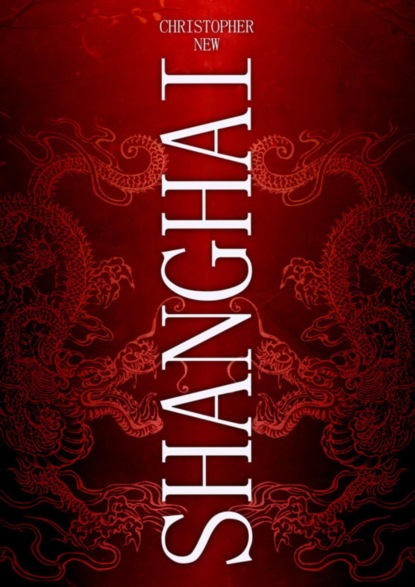Objętość 1110 stron
0+
O książce
Almost the first thing callow young Englishman John Denton sees when he steps ashore in Shanghai in 1903 is the public beheading of some pirates. Shocked and sickened though he is, he must adapt himself to the brutal but fascinating city of extremes, and he spends the rest of his life there, through all the vicissitudes of revolution, riot, lawlessness and war. He makes, loses, and regains a fortune, dangerously crosses a powerful triad leader, enters politics, is imprisoned by the Japanese and survives to see the communists march in to mete out their own brand of cruel justice. An intricate weaving of fact with fiction, Shanghai is the story of a man at the centre of one of history's most dangerous and crucial epochs. It is also the love story of Denton and his exquisite mistress, Su-mei, who eventually becomes his wife.
